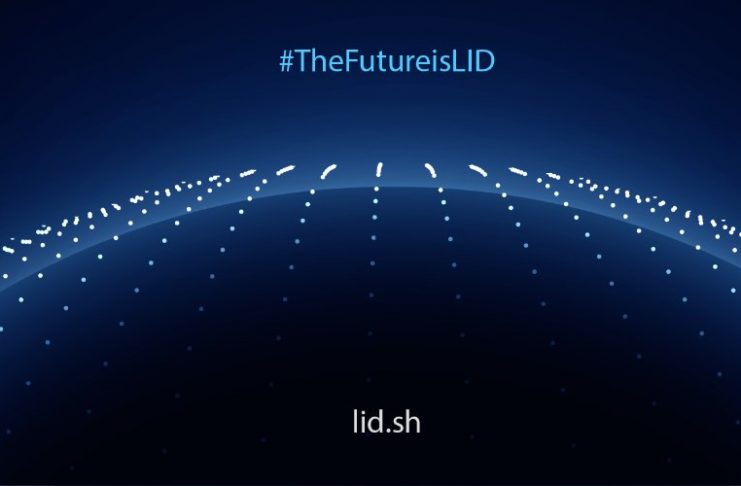The crypto market bulls have rallied significantly in the past month as speculation overtook fundamentals or what would have otherwise been a fair price valuation for crypto assets. This was majorly fueled by the growth of Decentralized Finance (DeFi), a niche that skeptics are now comparing to the 2017 ICO boom. At the beginning of the year, crypto waters were still calm following the ‘long crypto winter’. However, the trend changed after Compound protocol launched its liquidity mining in June, triggering a 3-month bull-run for DeFi projects and ultimately the general crypto market.
Since then, DeFi has been a ‘beehive’ of active developments and shilling of crypto assets related to the underlying projects. The current Total Locked Value (TVL) stands at $7.7 billion; a figure that was barely $1 billion before Compound’s liquidity mining debut. While this hype came as a big boost to the growth of DeFi tokens, scammers appear to be getting ahead of the game with ‘rug pull’ exit scams. These types of scams are now prevalent with the latest ‘alleged’ exit scam by Sushiswap founder ‘Chef Nomi’, sparking heated conversations amongst the crypto community.
Basically, rug pull exit scams involve the creation of liquidity pools on decentralized exchanges like Uniswap, after which the developers dump worthless crypto tokens on unsuspecting investors. In the Sushiswap case for instance, Chef Nomi who forked Uniswap and eventually launched a governance token dubbed $SUSHI, ended up liquidating the developer wallet on September 5. The move saw ‘Chef Nomi’ net around $13 million from what some DeFi stakeholders have termed a typical ‘rug pull’ despite efforts by the ‘Master Chef’ to clarify that he would still be part of the Sushiswap initiative.
LID Protocol’s Rug Pull Long-Term Solution
Following these shortcomings, DeFi innovations focused on solving the ‘rug pull’ exit scam challenge have started to come up. One particular project that has dedicated its architecture to improving the quality and trustworthiness of ERC-20 tokens launching on Uniswap, is the LID protocol. This initiative seeks to address the gap when it comes to the creation of liquidity pools and dumping on investors at the most unprecedented times.
Consequently, LID protocol leverages non-custodial liquidity locking for ERC-20 tokens that launch through its platform. This simply means that developers lock their pre-sale tokens through Uniswap in a trustless manner. As per the prevailing dynamics, most ERC-20 token creators are flexible on the determination of pre-sale tokenomics. While this approach is a fundamental pillar of decentralization, recent rug pull exit scams have made it inevitable to integrate ‘countercheck’ solutions on the implementation.
Based on its licensing and certification business model that charges a 5% fee, LID protocol eliminates rug pull exit scams by making it impossible for malicious actors to take advantage of the uninformed token investors. The locking of ERC-20 liquidity tokens with LID protocol ensures that no sell action can be executed outside the pre-coded smart contract tokenomics. In doing so, the protocol makes it trustless for investors to join the booming DeFi space with much less uncertainty on the future of a given project.
Social Staking Incentives on LID’s Tokenomics
To further boost its value proposition, LID protocol’s embedded native token ‘LID’ provides an avenue for the platform’s community to vote on developments. Some of the incentives currently run under this token include doubling of rewards for LID stakers that have participated in over 50% of the DAO votes within a particular month. Other than that, LID staking referrals attract up to 50% fee cuts with half of the discounted funds allocated to the referrer. Last but not least is a 2% tax exemption for LID staking and Uniswap buys; this incentive, however, does not apply to Uniswap sells.
Conclusion
The rise of DeFi protocols is definitely a game-changer for the crypto industry although challenges like rug pull exit scams appear to have slowed down the hype. Nonetheless, the DeFi community is still excited about the possibility and potential of decentralized protocols. A project like LID has already run three successful pre-sales in a matter of two months, totaling around $195,000 worth of ETH. This financing is just but a tip of the iceberg given the growing liquidity prospects in DeFi.
With funds flowing voraciously into this space, it comes as no surprise that DeFi is now the hotbed for rug pull scamming in crypto. Like previous hypes on ICO’s and STO’s, the DeFi market is more likely than not to end up in a bubble. Well, things don’t have to be so bad for prospective investors should this market crumble as per the skeptics ICO ‘repeating’ narrative. This is because of the upcoming solutions like LID protocol which eliminate due diligence risks associated with investing and launching ERC-20 tokens, while incentivizing community voting to uphold decentralization.




